No, I may not be physically alone. But mentally there is no one in sight
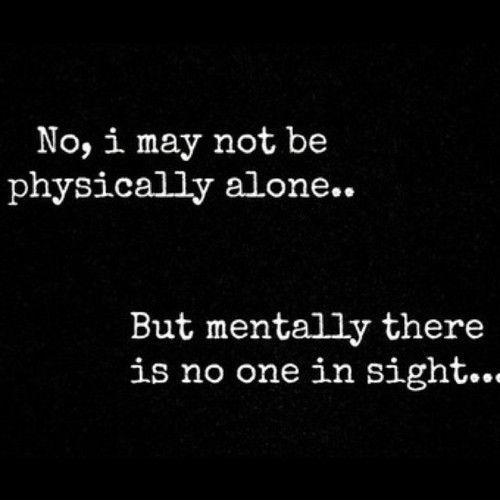
No, I may not be physically alone. But mentally there is no one in sight
Feeling alone is a complex and often misunderstood emotion. Many people equate being alone with physical solitude, but the reality is that loneliness can exist even in a crowded room. The phrase "No, I may not be physically alone. But mentally there is no one in sight" perfectly captures this sentiment.When someone says they are mentally alone, they are describing a feeling of isolation and disconnect from those around them. It's a sense of being unseen and unheard, even when surrounded by people. This type of loneliness can be particularly difficult to cope with because it can feel like there is no escape from it.
Mental loneliness can stem from a variety of sources. It could be the result of feeling misunderstood or unappreciated by those around you. It could be caused by a lack of emotional connection with others, leaving you feeling like you are carrying the weight of your thoughts and feelings all on your own. It could also be a result of struggling with mental health issues, such as depression or anxiety, which can make it difficult to connect with others on a deeper level.
Regardless of the cause, mental loneliness can have a profound impact on a person's well-being. It can lead to feelings of sadness, anxiety, and even despair. It can make it difficult to find joy in everyday activities and can leave you feeling like you are drifting through life without purpose or direction.
Finding a way to combat mental loneliness is crucial for maintaining good mental health. This could involve reaching out to a therapist or counselor for support, finding ways to connect with others who share your interests and values, or simply taking the time to prioritize self-care and self-reflection. It's important to remember that you are not alone in feeling alone, and that there are resources and support systems available to help you navigate these difficult emotions.
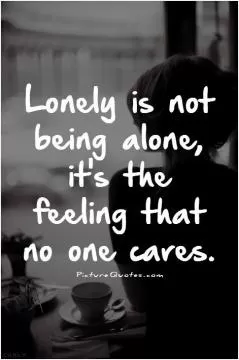

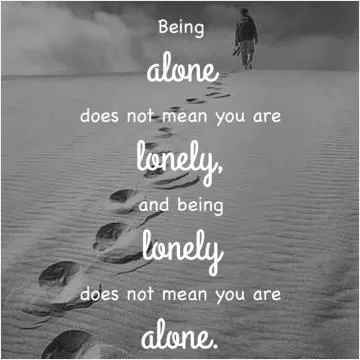

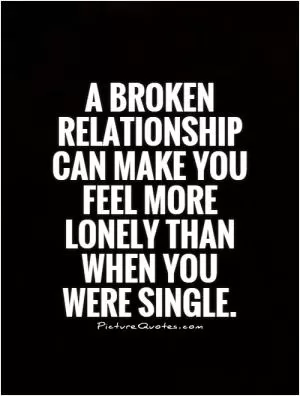


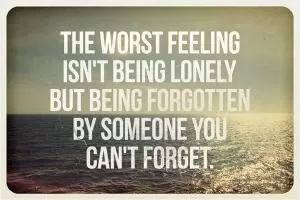

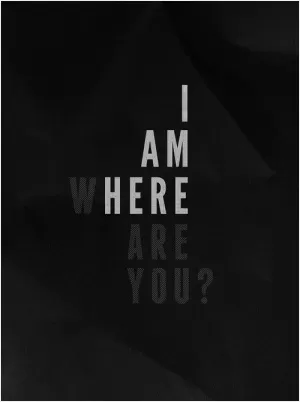


 Friendship Quotes
Friendship Quotes Love Quotes
Love Quotes Life Quotes
Life Quotes Funny Quotes
Funny Quotes Motivational Quotes
Motivational Quotes Inspirational Quotes
Inspirational Quotes